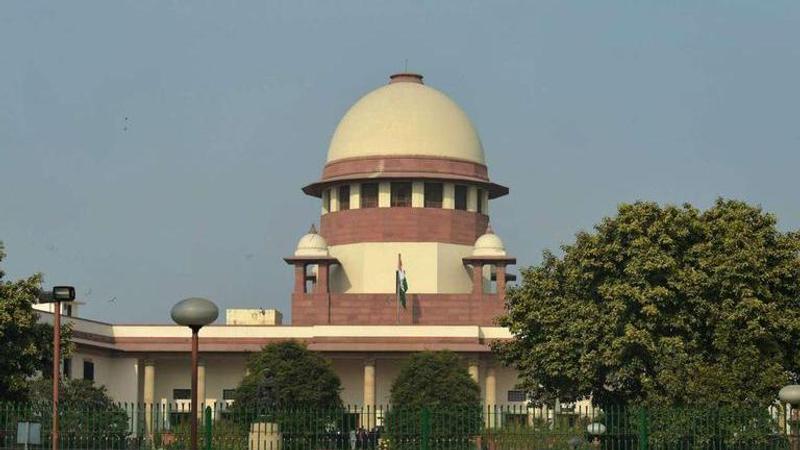Published 09:24 IST, January 4th 2020
Fresh plea filed in SC, says 'CAA renders certain category of children stateless'
A fresh plea was filed in the Supreme Court on Friday by an NGO challenging CAA, 2019, contending that the law renders certain category of children as stateless

A fresh plea was filed in the Supreme Court on Friday by an NGO challenging the Citizenship Amendment Act, 2019, contending that the law renders certain category of children as stateless. The writ petition was moved in the Apex court by advocate Ezaz Maqbool on behalf of Association for Protection of Civil Rights (APCR). The petition laid special emphasis on children's rights. It also challenged Section 3(1) of the Citizenship Act, 1955 as arbitrary contending that it "lays down different parameters for granting citizenship to children born in India in different periods".
It asserted that Section 3(1) provides for different treatment to children as per their date of birth and renders certain category of children stateless on the basis of classification on date of birth, which is manifestly arbitrary. "The petitioners herein are challenging the Impugned Act as well as the Impugned Provisions and the Impugned Notifications, as being violative of Articles 13,14,15,21, 51(c) and 51-A of the Constitution of India," the petition read.
'The CAA is also violative of UNCRC'
Further, it said that the treatment of the excluded children as stateless also violates the United Nations Convention on the Rights of the Child, 1990, to which India is a signatory. The new citizenship law makes professing of certain religions as a ground of eligibility for the status of citizenship which is against the principle of secularism and is violative of the basic structure of the constitution, the petition added. Several other petitions have also been filed in the apex court against the newly-enacted law. The Supreme Court had, on December 18, agreed to hear the petitions challenging the constitutional validity of the act, but had refused to stay its operations.
Several petitions have been filed in the SC
The newly amended law seeks to grant citizenship to non-Muslim migrants belonging to Hindu, Sikh, Buddhist, Christian, Jain and Parsi communities who came to the country from Pakistan, Bangladesh and Afghanistan on or before December 31, 2014.
President Ram Nath Kovind gave assent to the Citizenship (Amendment) Bill, 2019 on December 12, turning it into an Act.
The top court had then issued notice to the Centre and sought its response by the second week of January on a batch of pleas challenging the CAA. A bench headed by Chief Justice S A Bobde had fixed a batch of 59 petitions, including those filed by the Indian Union Muslim League (IUML) and Congress leader Jairam Ramesh, for hearing on January 22.
(With agency inputs)
Updated 09:24 IST, January 4th 2020




